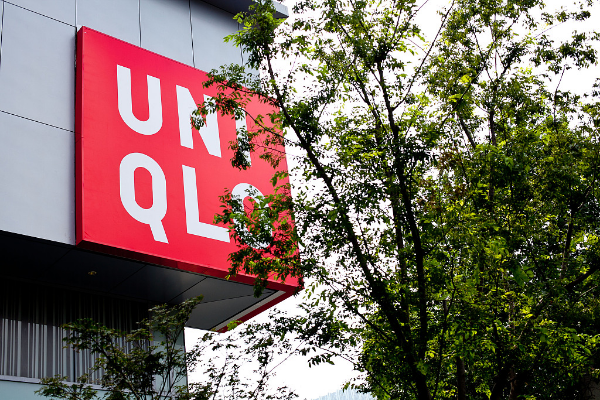Uniqlo's China fashion to add local designs

Japanese brand to increase stores, beef up community outreach and digital channels
Uniqlo, the Japanese clothing brand owned by Yamaguchi-headquartered Fast Retailing Co Ltd, will add more Chinese cultural elements to its designs, and increase its China store count to over 1,000 within the next three years, said its top executive for China operations.
Uniqlo already has more than 700 outlets in China. The move comes on the back of Chinese consumers' soaring demand for upscale clothing and fashion advice so they could better define themselves.
Uniqlo will use both physical and online channels to reach its goals, said Pan Ning, CEO of Uniqlo China, the local subsidiary.
Supported by around 40,000 employees in China, with over 99 percent of them being Chinese, Uniqlo will continue to ride the country's booming consumption upgrade to open more stores in lower-tier cities.
"We will also adopt technologies to improve our digital operations, such as developing mobile phone apps and websites so our products could connect digitally with consumers, especially at places where there are no brick-and-mortar stores," said Pan, who also is executive vice-president of the parent company. He has been working at Uniqlo for more than two decades.
In July, Uniqlo partnered with the China Soong Ching Ling Foundation to launch the Miao embroidery program, a special embroidery skill with vivid cultural characteristics of the Miao ethnic group like wave, flower, fish and ox, to pursue a sustainable growth path.
Pan said traditional culture has a long history and it is meaningful to bring its essence into modern people's lives. Gathering support from society to help the development of women and children is another good example of the integration of Chinese and foreign cultures and innovative support for public welfare.
Under the plan, Uniqlo will provide over 400 job opportunities for women from the Miao ethnic group in western part of Central China's Hunan province. But first, it will offer training and other skill support to them and other communities. They will be encouraged to provide their Miao style embroidery pieces for Uniqlo's products, as well as promote the culture of the Miao ethnic group.
"Chinese shoppers have become more rational, and they are not blindly following the crowd to imitate others. They want products with both commercial culture and consumer mentality," said Pan, adding localization of global brands must keep pace with the times to stay competitive in the fast-changing Chinese market.
Tang Jiuhong, deputy secretary-general of the China Soong Ching Ling Foundation, believes fast fashion produced rapidly to meet the latest trends mainly uses Western designs, and does not reflect Chinese preferences.
She said the Miao embroidery program not only brings employment opportunities to local communities but honors the government's call to make notable progress in poverty alleviation. Both Uniqlo and the foundation will continue to create other growth momentum for people, especially for females in that region.
While many established global and domestic brands are facing difficulties like lack of inspiration and loyal customers moving away in China, the integration of fashion and traditional Chinese cultural factors can not only invigorate the brands but help them grow robustly, said Guo Xin, a marketing professor at Beijing Technology and Business University.
"Chinese consumers, especially those born in the 1980s and 1990s, love living a quality life … they like traveling, caring about their individuality, and have different pursuits to match their lifestyle. More importantly, they love their cultural identity and are willing to show it," she said.
This transformation, she said, will lead to a variety of needs, resulting in a series of consumer chain reactions and innovative upgrades. It will also push the retailers to be more responsive to the needs of consumers.
From 2014 to 2018, fashion retail brand H&M took 0.4 percent of market share in China. The market share in China of its competitor Zara was also 0.4 percent in 2014 and 2015, but edged up to 0.5 percent from 2016 to 2018, according to market research provider Euromonitor International.
Uniqlo, in the meantime, catered to the new consumption pattern of China's young consumers, who are willing to pay for quality rather than quantity. From 2014 to 2018, its market share climbed from 0.7 percent to 1.2 percent in the Chinese market.
A first-half financial report of Fast Retailing Co Ltd showed the parent company's turnover increased by 80.9 billion yen ($749 million), with almost 86.6 percent of the growth coming from overseas markets, especially the Chinese mainland.
Since the Japanese company developed a program for collecting used clothing at its stores and other social organization partners in 2012, Uniqlo to date has collected 3.4 million pieces of clothing and delivered them to over 300,000 needy Chinese families, after thorough washing and checking procedures.
Invest in China Copyright © 2026 China Daily All rights Reserved
京ICP备13028878号-6
 京公网安备 11010502032503号
京公网安备 11010502032503号





